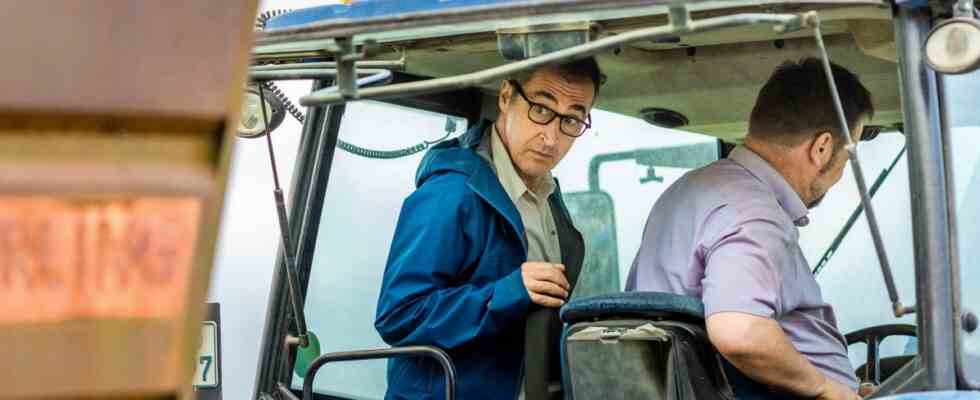Germany’s farmers should be able to use more land for grain cultivation due to the tense situation on the international agricultural markets. This is the plan of Federal Minister of Agriculture Cem Özdemir (Greens), who has received a lot of criticism from environmental protection organizations.
Specifically, Özdemir wants to suspend the requirements for set-aside and crop rotation once in the coming year. Originally, EU rules stipulated that from 2023 onwards, more area than before would have to be dedicated to species protection and therefore not be used for agriculture. In addition, the cultivation of the same crop species in a field for two consecutive years is actually not allowed. Özdemir, who needs the approval of the federal states to implement his idea, does not want to apply these rules in 2023 in order to secure the food supply. The war in Ukraine had unleashed turbulence on grain markets around the world. As recently as 2021, the country was the world’s fifth largest exporter of wheat.
Özdemir said Russian President Vladimir Putin is toying with hunger, and he is doing it at the expense of the world’s poorest. At the same time, hunger is greatest where the climate crisis is already having serious consequences. “For me, therefore, every measure to solve a crisis must be checked to ensure that it does not exacerbate another.”
Approval from the farmers’ association, horror from nature conservation organizations
The farmers’ association welcomed the new regulation, but called the suspension of species protection requirements for one year insufficient. In order to continue to ensure a secure food supply and to be able to react in times of crisis, all areas must be able to be used on which it makes agricultural sense, said the President of the Farmers’ Association, Joachim Rukwied. Approval also came from the countries. Bavaria’s Agriculture Minister Michaela Kaniber (CSU) called the decision overdue, as did her colleague from Baden-Württemberg, Peter Hauk (CDU).
The judgment of environmental protection organizations, which are traditionally close to the Greens, was quite different. Greenpeace expert Matthias Lambrecht, for example, criticized the fact that the areas for protecting biodiversity were being sacrificed to economic interests. Food security in times of war is “just a pretext for plowing under valuable biotopes”. Wheat grown there would not be available until next year and would not be enough to combat the acute global hunger crisis. By phasing out biofuel, a multiple of the amount of grain could be provided immediately. The German Environmental Aid also called for the support for agrofuel to be ended immediately and areas to be redesignated for food production.
For the Greens, Özdemir’s decision again means a painful compromise between program and pragmatism: Many in the party felt compelled to deviate from long-established ideals when it came to the question of supplying arms to Ukraine and securing energy supplies. This time, too, some of Özdemir’s party colleagues are at odds: Martin Häusling, agricultural policy spokesman for the Greens in the European Parliament, said it was “by no means” about the world needing more wheat. It’s not a supply problem, it’s a distribution problem. The agricultural lobby is trying to exploit the hunger crisis: “With us, 60 percent of the grain still doesn’t end up on the plate, but in the feeding trough. Another 20 percent goes to tanks and industry.” According to Häusling, only a fifth of the grain grown is actually used to feed people. The environmental policy spokesman for the Greens in the Bundestag, Jan-Niclas Gesenhues, was also skeptical and called for a reduction in the feed supply and an end to the use of biofuel.

